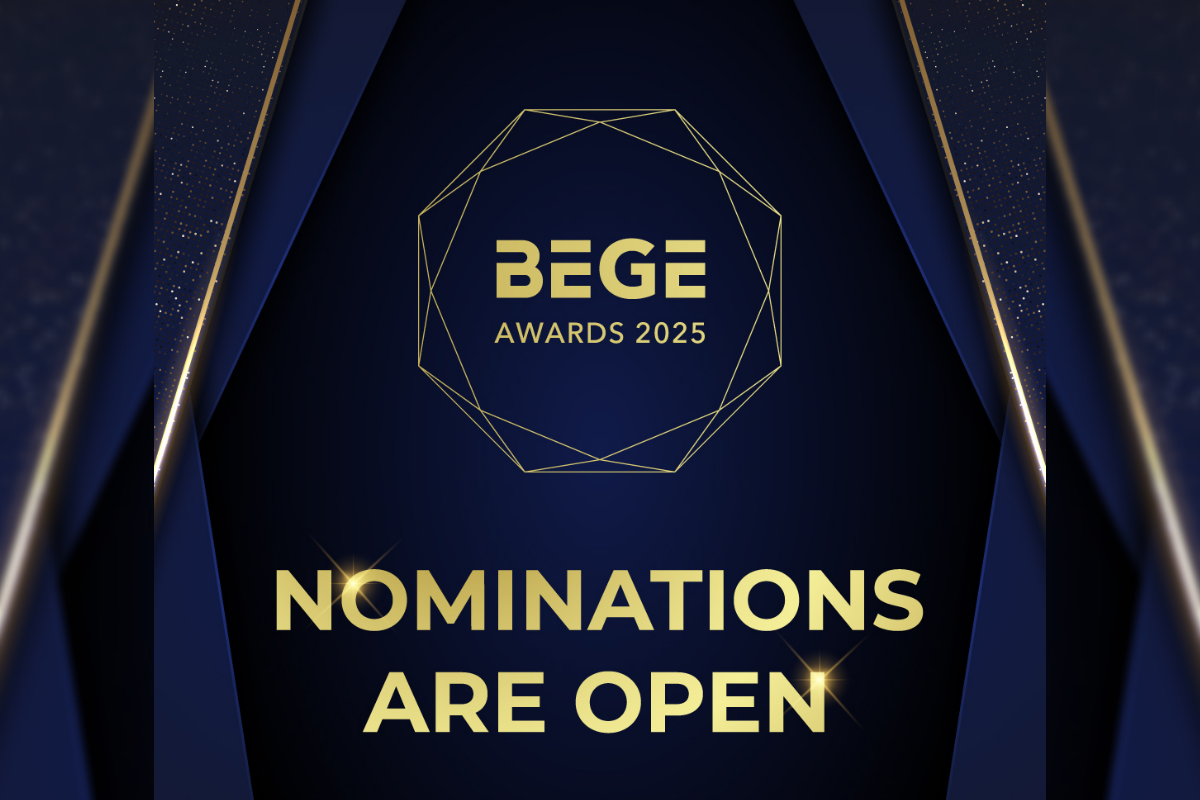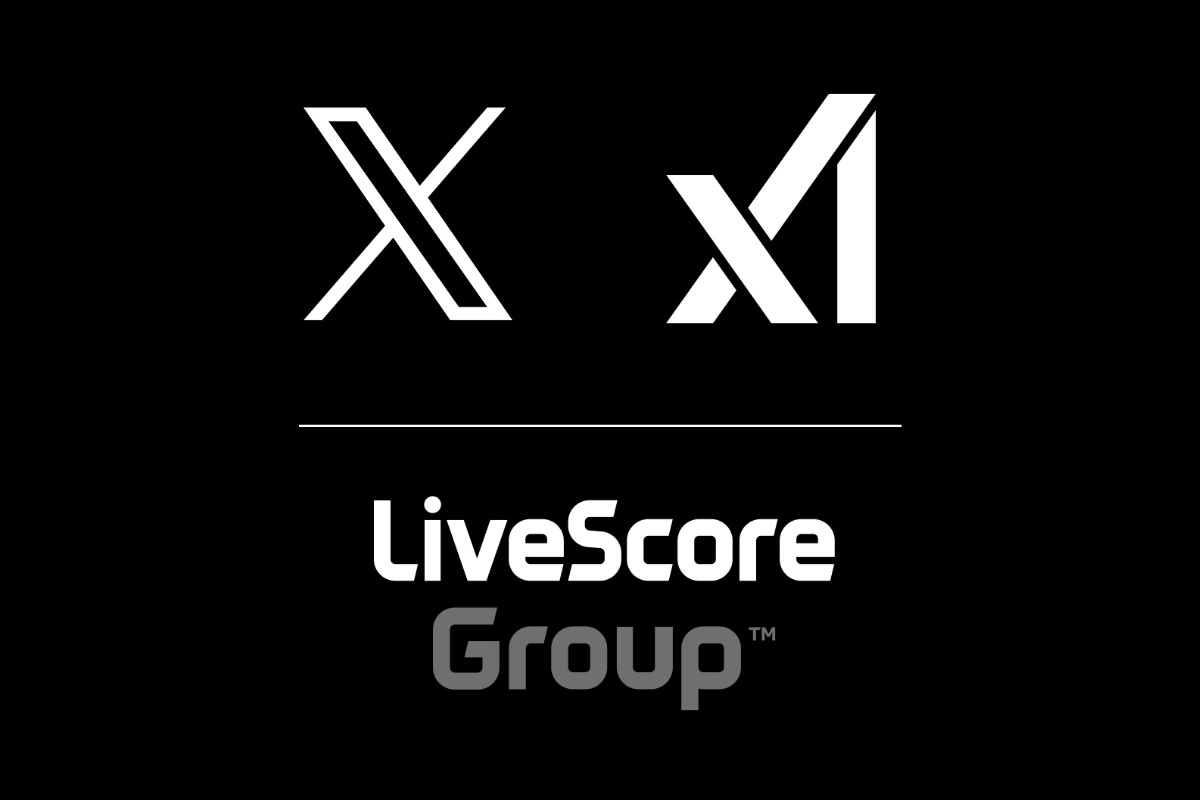Gaming
New Research Reveals 64% of British Gamers Have Increased Their Playtime Over the pandemic

Future plc, the global platform for specialist media and home to leading games sites Gamesradar+ and PC gamer, has shared the results of a new research that examines the state of gaming in the UK.
The research reveals 64% of British gamers have increased their playtime over the pandemic. While two-thirds put this down to increased free time, more than a quarter (27%) said it allowed them to socialise with friends and 16% with strangers.
The research, completed in January 2022, was collected via an online survey of 1032 UK respondents – all recruited independently through Future plc’s independent research platform The Lens. All respondents owned a gaming device and had expressed an active interest in gaming during the previous six months. The nationally-representative survey contained in-depth questions about console and device ownership, next-gen consideration, and other related gaming behaviours among British gamers.
The survey found women are more likely than men to have embraced gaming through the pandemic, with 24% stating their interest increased compared to 15% of men. This trend is especially clear in the mobile gaming space, with women on average spending 11 hours and 50 minutes gaming on phones or tablets per week, compared to 10 hour and 37 minutes for men. Mobile gamers as a whole listed puzzle and word games as their favourite genre, a passion reflected internationally this year with the Wordle “phenomenon” resulting in the New York Times’ purchase of the popular vocabulary puzzle.
Another widely-reported trend, the explosion of digital driven by the pandemic has re-shaped the industry, with the Big Tech giants investing in streaming, digital-only formats, and the “Metaverse”. However, the physical format is still beloved by a significant number of gamers. While 56% of UK gamers have purchased a game digitally in the past 12 months, 42% have bought physical copies, representing a still significant slice of the revenue pie for games manufacturers.
When it comes to consoles, the PlayStation 4 remains the most popular among gamers (29%), followed by the Wii (21%) and Nintendo Switch (18%). Meanwhile, the uptake of next-gen consoles is increasing steadily despite ongoing supply chain issues limiting availability, with 54% intending to buy one in the next year. In this area the PlayStation 5 wins the market; 17% of gamers own one, compared to the 8% who own the XBox Series X and 7% who own the Series S. However, next gen units have ground to make up compared to legacy consoles, with many respondents stating they do not spend enough time gaming to warrant an upgrade (24%). When asked what they would consider purchasing in the future, almost all respondents (96%) cited buying peripheral items related to gaming, led by more than half (51%) who desire a VR headset.
The survey also revealed a passion for PC and Laptop gamers to invest in their devices, with 60% of this audience in the UK intending to upgrade either their whole unit, or parts within it. Future’s audience, in particular, is more likely to invest further in improving their gaming setup than the total population, creating a significant opportunity for gaming hardware manufacturers to reach this passionate and informed audience, and influence where this considerable passion-spend will go.
“We have studied and tracked consumer behaviour in gaming to help us react quickly to the changing demands of our 61.2m global gaming enthusiasts. It’s clear from the study, the gaming industry has flourished during the pandemic, with more people than ever choosing to spend their free time on their favourite device. The rising number of female gamers – especially in the mobile sector – should come as no surprise for those who have been paying attention over the last few years, but they are still an underserved portion of gamers. Though FIFA, Call of Duty Warzone and Call of Duty Black Ops proved to be the most popular games this year, our survey revealed women players prefer casual games which should make advertisers pause for thought,” Richard Thomas, Insights Director at Future, said.
“With Future now reaching 52.6m adults in the UK on a monthly basis, in sectors that include women’s lifestyle and wealth, as well as tech and gaming, our audiences are crucial for gaming brands looking to hit the sweet spot with their ecommerce and advertising campaigns. As gaming becomes increasingly mainstream amongst people in all walks of life, the ability to reach audiences in a variety of sectors and niches will be crucial for the gaming industry through 2022 and beyond,” Richard Thomas added.
-

 Asia7 days ago
Asia7 days agoDigital gaming disruption tackled in 1st AsPac Regulators’ Forum
-

 Africa7 days ago
Africa7 days agoBetKing Renews Ikorodu City FC Partnership for 2025/26 NPFL Season
-

 Compliance Updates7 days ago
Compliance Updates7 days agoKongebonus statement: Norway’s election result signals gambling policy continuity, but licensing debate is set to intensify
-

 Balkans7 days ago
Balkans7 days agoBEGE Awards Nominations Now Open – Celebrating 16 Years of Industry Excellence!
-

 Latest News7 days ago
Latest News7 days agoWin a Fruity Fortune in BGaming’s Bonanza Trillion
-

 Latest News7 days ago
Latest News7 days agoAnswer the Call of the Wild: ELA Games Unveils Its Latest Game “Buffalo Force”
-

 Latest News7 days ago
Latest News7 days agoSaddle up for big wins under the Bison Moon with the latest slot from Northern Lights Gaming
-

 Latest News7 days ago
Latest News7 days agoSlots Temple Announces Exclusive Free-to-Play Tournament Partnership with Pragmatic Play






























